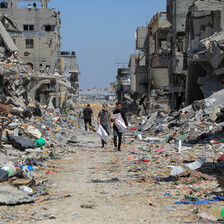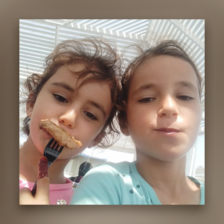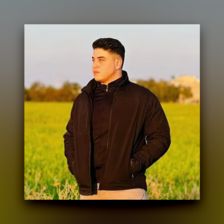The Electronic Intifada 8 May 2024
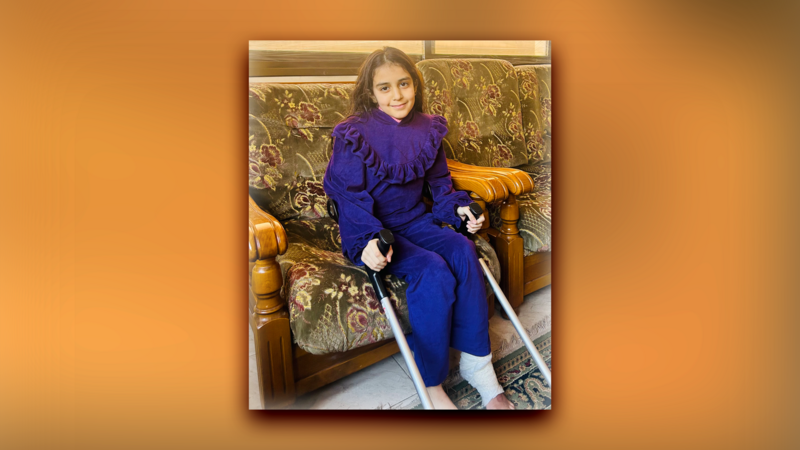
Doha deserves a better future. (Asil Almanssi)
Doha is a beautiful 10-year-old with long black hair.
She has an enchanting smile, thick eyelashes and a face full of innocence.
Doha loves mathematics. She enjoys being challenged to multiply or subtract as quickly as possible.
Doha is hoping to follow in her father’s footsteps and study accounting when she is old enough to do so.
I met Doha for the first time when she came to stay in our house. We had already been hosting her granduncle.
By the time she came to us, Doha had already been displaced three times since the current war on Gaza began.
When she arrived at our home, Doha was using crutches to walk.
For the first week, Doha spoke very little. And she refused to eat.
We tried to welcome her with gifts. When she saw them, Doha screamed, “I don’t want anything.”
She often woke up, crying, “I want my mother” and “I want my brothers.”
We tried to calm her down so that she would go back to sleep.
As time went on, Doha and I sat together for hours.
Doha told me about the horrible things she had experienced.
She told me about how al-Tawam – northwest of Gaza City – came under attack. The sounds of explosion were terrifying and the windows of the family’s home were shattered.
The family fled al-Tawam and went to stay with relatives in Beit Lahiya, northern Gaza.
The family remained there despite how Israel had ordered a mass evacuation from the northern part of Gaza. After about two months, the home in which they were sheltering was bombed.
Miraculously, everyone survived.
Trapped
The family then went to Kamal Adwan hospital in Beit Lahiya. They took shelter in its corridors.
The hospital was soon besieged by Israeli troops.
The family were trapped there as a result. Before long the supply of food and water ran out.
After several days, the Israeli military used loudspeakers to order everyone into the hospital yard. Men and women were divided into separate groups.
The military then instructed the women to leave the hospital. The men were rounded up and told to take off their clothes.
Two members of Doha’s family were taken into detention by the Israeli forces.
The rest of the family went to stay with other relatives on al-Thawra street in Gaza City. Their relatives’ house was extremely crowded as many other people were taking shelter there.
Not long after they moved into that house, Israel fired missiles at it, committing a massacre.
Many people were buried under the rubble, without civil defense workers being able to reach them.
For the next few days, Doha kept screaming for her mother from under the rubble. Nobody heard her until one of her relatives came to the scene.
He contacted the emergency services, letting them know that he had heard a girl’s voice. Doha was then rescued and brought to hospital in an ambulance.
At al-Shifa, Gaza’s largest hospital, Doha was greatly distressed. She kept looking for someone from her family.
As there was no bed available, Doha had to be treated on the floor.
It emerged that she needed an operation as the nerves in her legs were damaged. But the surgery could not be arranged as Gaza’s healthcare service was overstretched and unable to function properly.
Doha was brought from the hospital to stay with other relatives. There, a terrible fact dawned on her: Doha was now an orphan.
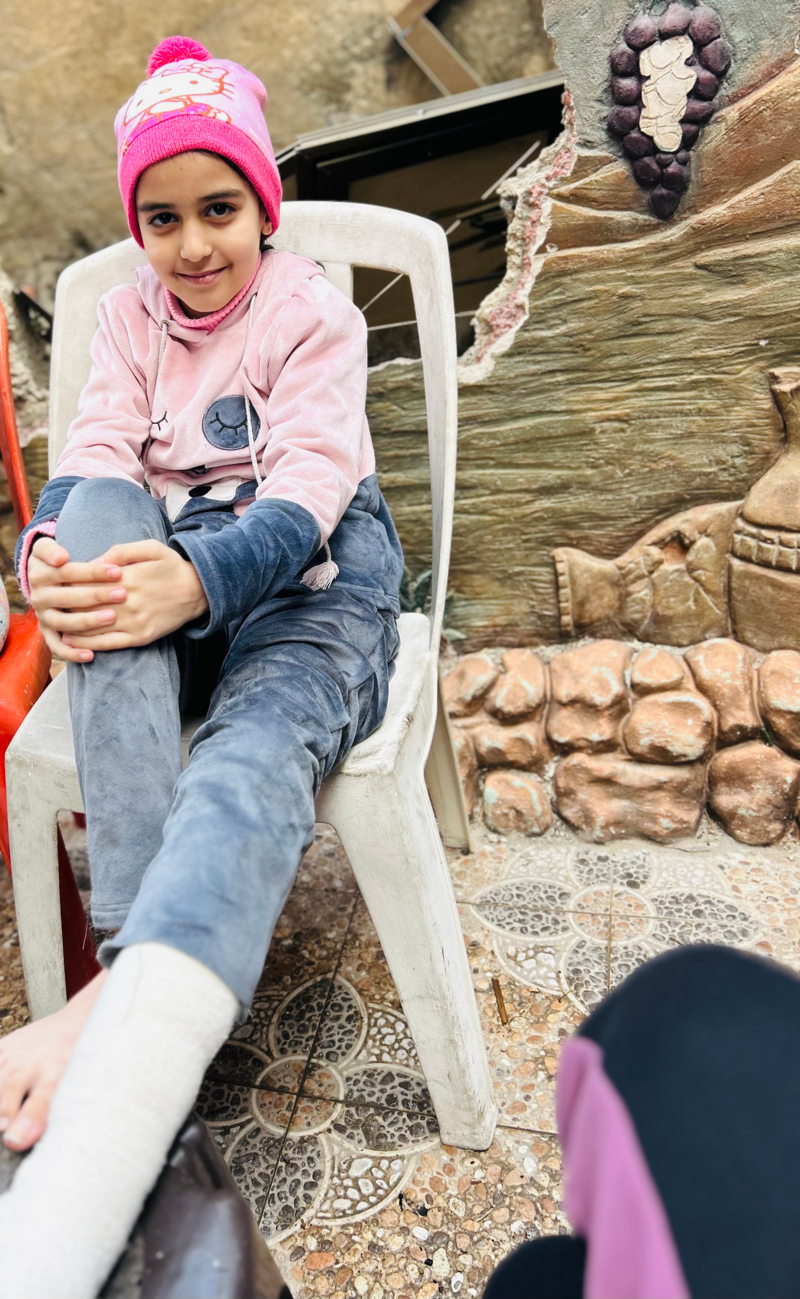
Doha
During our conversations, Doha told me how she had woken up many mornings, hoping that her mother would call her for breakfast.
She told me how she was waiting for her dad to give her a kiss when he returned from work.
She told me how she wanted to see her lively little brother.
But she couldn’t. Israel had killed them.
Her granduncle, then sheltering in our home, was considered the closest person to Doha in the north of Gaza. He took her to live with us.
There were many attempts made to bring Doha southwards. But the trip was viewed as too dangerous.
About a month after she came to us, we were contacted by UNICEF. A representative of the organization told us that it had been in touch with Doha’s grandfather, who wanted Doha to be brought southwards.
Doha’s departure for the south surprised me. I had become so used to having her around.
She seemed older than her age. Although she was eager to see her grandparents, a strong love had grown between us and Doha.
She was in tears when we said goodbye.
There is a huge void in our hearts now that Doha has gone.
I just hope that she can somehow put the horrors she has endured behind her.
Doha deserves a better future.
Asil Almanssi is a resident of Gaza.



